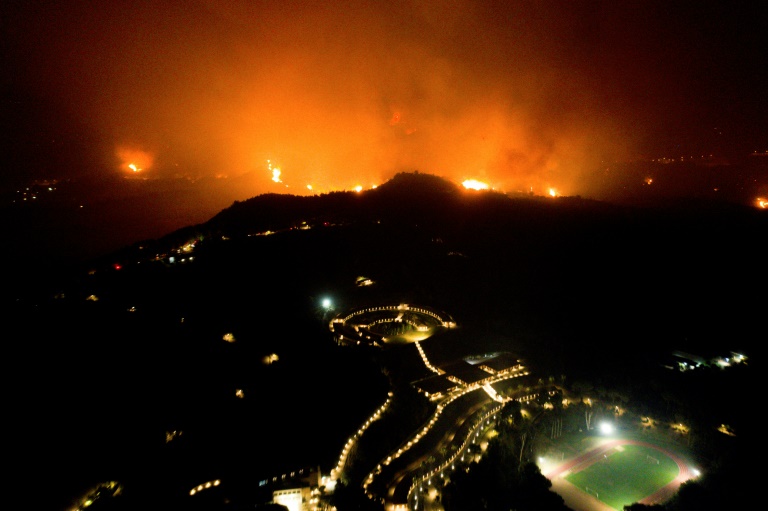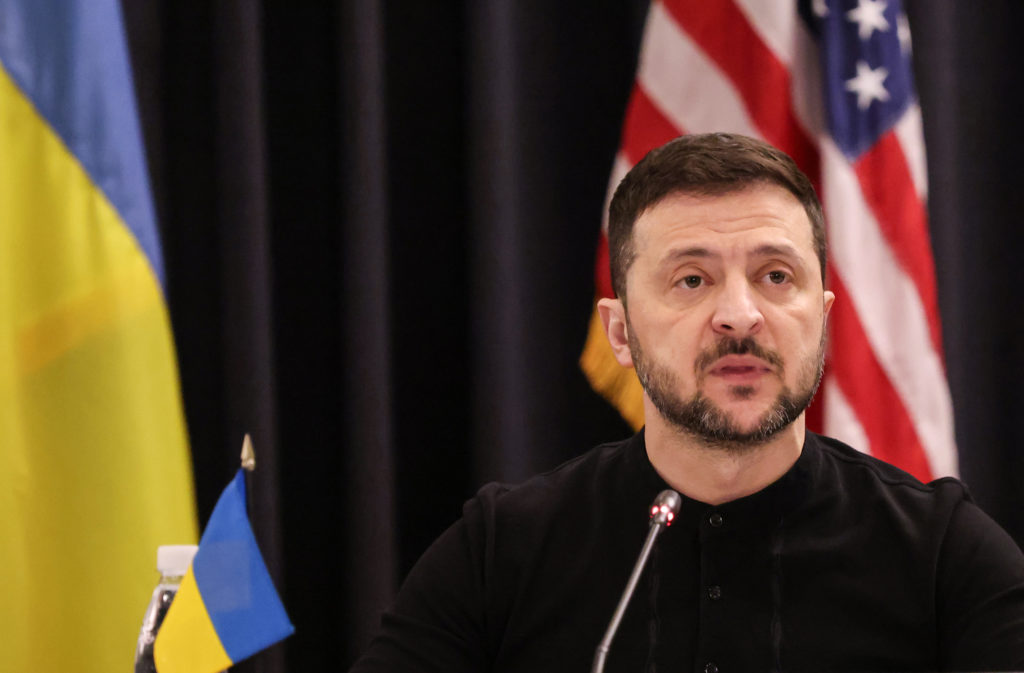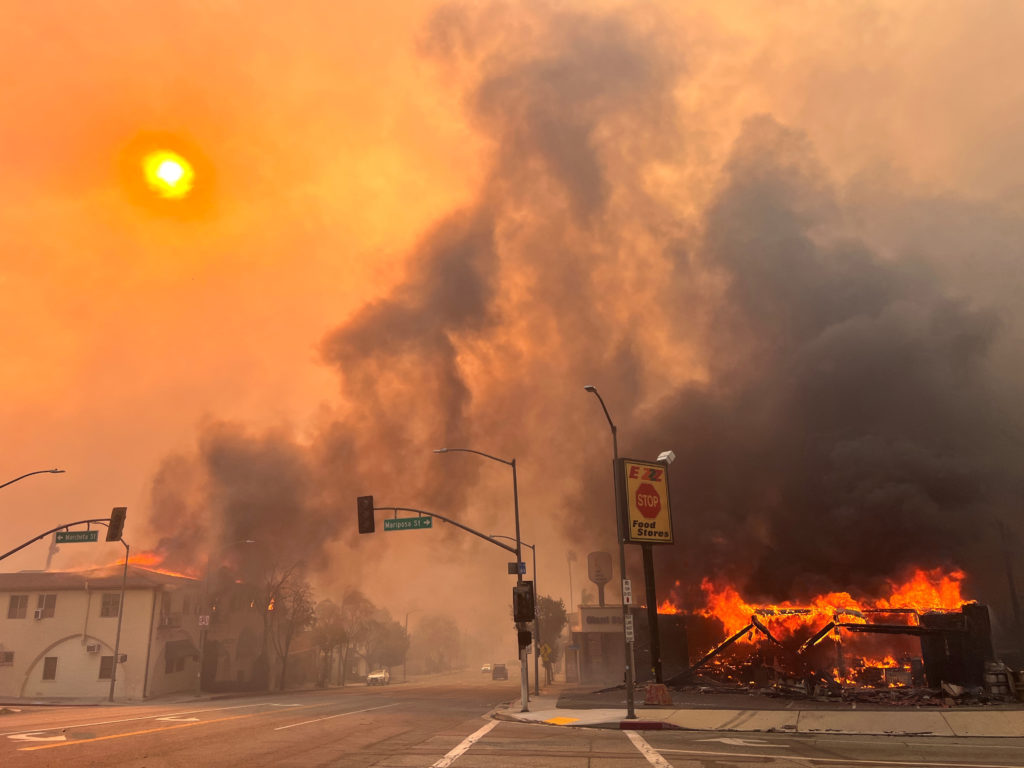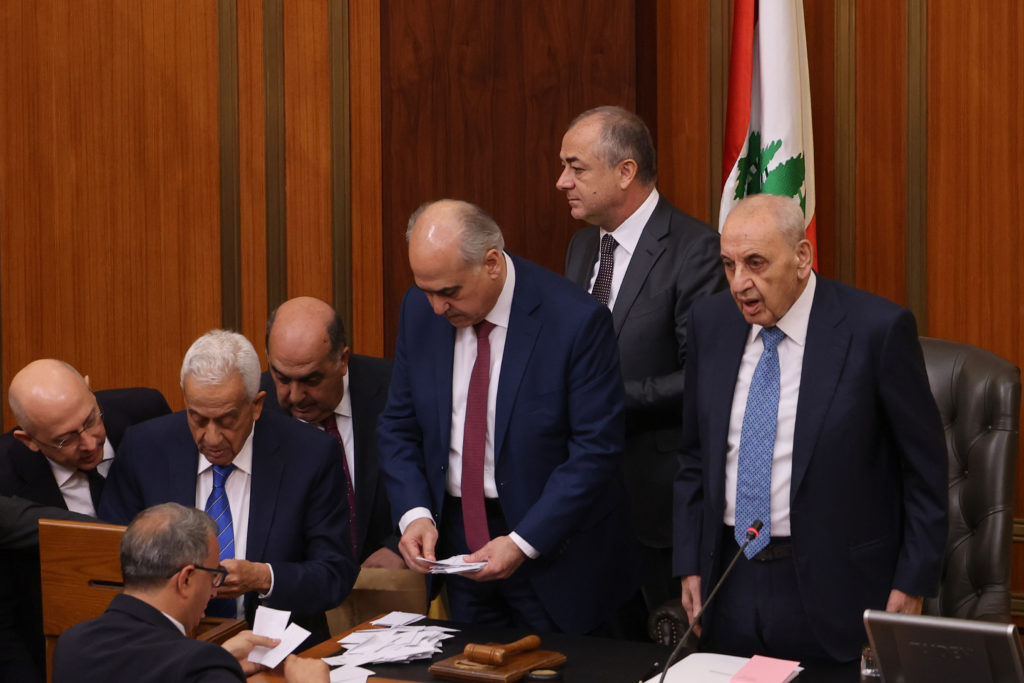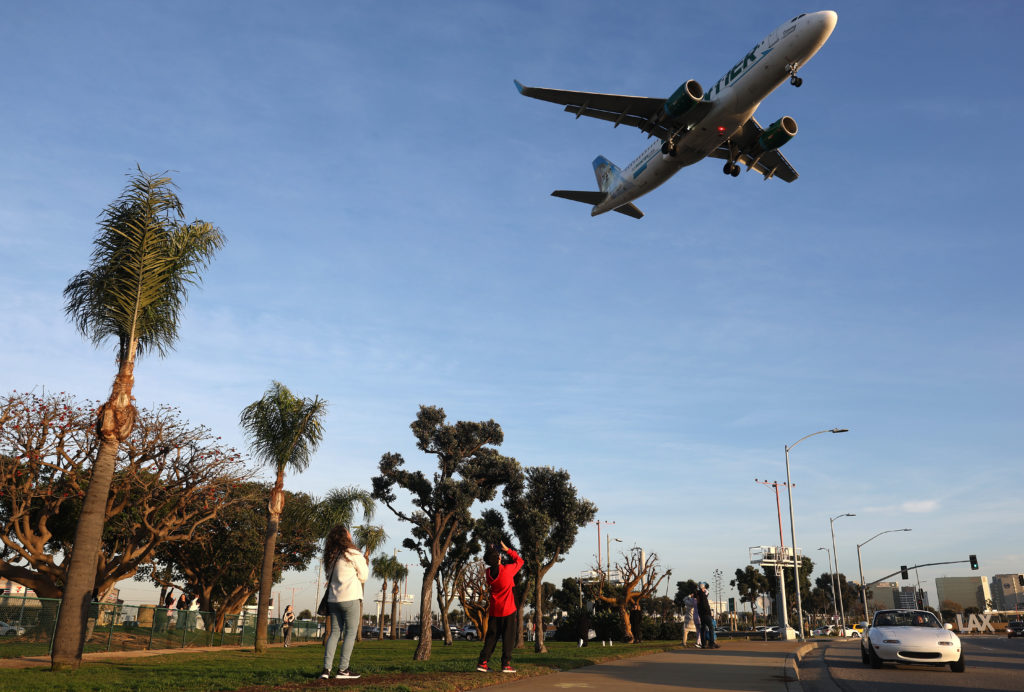Turkish coastguards evacuated hundreds of villagers from a burning power plant on Thursday and Greek firefighters battled a major blaze near the ancient Olympic site as a record heatwave wreaked havoc across Europe’s southeast.
The two regional rivals have been united this week in their fight against disasters that officials and experts link to increasingly frequent and intense weather events caused by climate change.
Eight people have died and dozens have been hospitalised across the southern coasts of Turkey since the wildfires erupted last week.
The blazes in Greece this week briefly cut off the main road leading to Athens and saw worrying fires break out in Olympia — the birthplace of the Olympic Games that is usually crowded with tourists — and on the island of Evia.
Greek Prime Minister Kyriakos Mitsotakis said on a visit to the archaeological ruins where the first Olympic Games were held that it was time to “conduct studies as quickly as possible to avoid further disasters”.
Prosecutors also launched a preliminary probe into reports that fires that blocked off Athens on Tuesday and saw air quality over the capital deteriorate sharply again Thursday were caused by an explosion at a public electric company plant.
But perhaps the biggest shock came when winds whipped up a flash fire that subsumed the grounds of an Aegean coast power plant in Turkey storing thousands of tonnes of coal.
– ‘Where could we go?’ –
An AFP team saw firefighters and police fleeing the 35-year-old KemHundreds of villagers — many clutching their pets in small bags or belongings grabbed from their abandoned homes — piled onto coastguard speedboats at the nearby port of Oren.
But a few older villagers in Oren refused to leave the disaster-hit region even while thousands of others were shuttled out by car or boats racing along the Aegean Sea.
“Where do you want us to go at our age?” asked 79-year-old Hulusi Kinic.
“We live here. This is our home. Our last solution was to throw ourselves in the sea (if there was an explosion), but thank God that did not happen.”
Turkish President Recep Tayyip Erdogan’s office said an initial inspection showed the overnight blazes left “no serious damage to the main units in the plant”.
– ‘Asking for reinforcements’ –
Greek firefighters said they had contained 92 of the 118 blazes reported on Wednesday evening and 180 have ignited in Turkey since July 28 — more than a dozen of them still active on Wednesday night.
The EU’s Copernicus Climate Change Service said July was the second-hottest on record in Europe.
Greek deputy minister for civil protection Nikos Hardalias said earlier this week that the ferocity of the fires meant that “we are no longer talking about climate change but a climate threat”.
The unfolding disasters saw the leaders of both countries come under pressure from local officials for what they felt was an insufficiently resolute response.
“We are asking the authorities to reinforce the air and land forces to so as not to risk human lives,” Limni mayor Giorgos Tsapourniotis told Greece’s ANA news agency.
ANA said Greek aerial assets were struggling to fly over the fast-evolving fire on the eastern island because visibility was being hampered by thick smoke spread by strong winds.
– Erdogan on the defensive –
Erdogan has come under especially withering criticism for being slow or unwilling to accept some offers of foreign assistance after revealing that Turkey had no functioning firefighting planes.
The crisis has posed an unexpected challenge to the powerful Turkish leader two years before he faces an election that could extend his rule into a third decade.
Erdogan tried to mount a political counterattack in a television interview Wednesday that began just as news broke that the fire had reached the Aegean power plant.
“When fires break out in America or Russia, (the opposition) stands by the government, We don’t have this,” Erdogan said.
The prosecutors’ office in Ankara said Thursday it has launched an investigation into social media posts about the fire that were “trying to create anxiety, fear and panic in the public, and to humiliate the Turkish government”.

